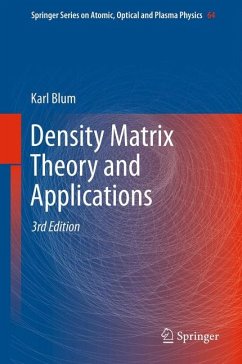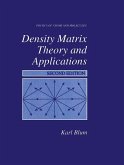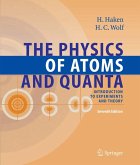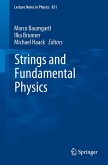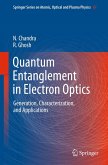This third edition has been updated and extended throughout and contains a completely new chapter exploring nonseparability and entanglement in two-particle spin-1/2 systems. The text discusses recent studies in atomic and molecular reactions. A new chapter explores nonseparability and entanglement in two-particle spin-1/2 systems.
Dieser Download kann aus rechtlichen Gründen nur mit Rechnungsadresse in A, B, BG, CY, CZ, D, DK, EW, E, FIN, F, GR, HR, H, IRL, I, LT, L, LR, M, NL, PL, P, R, S, SLO, SK ausgeliefert werden.
"This book under review is of introductory nature being very useful and forming an effective foundation on the powerful density matrix formalism that was originally introduced by von Neumann to describe certain statistical concepts in the then (1927) fashionable quantum mechanics. ... The author's worthy efforts in bringing out the latest edition are quite commendable, as the work would definitely help much in the study and research in the atomic and molecular processes as well as interactions." (Paninjukunnath Achuthan, Zentralblatt MATH, Vol. 1242, 2012)

